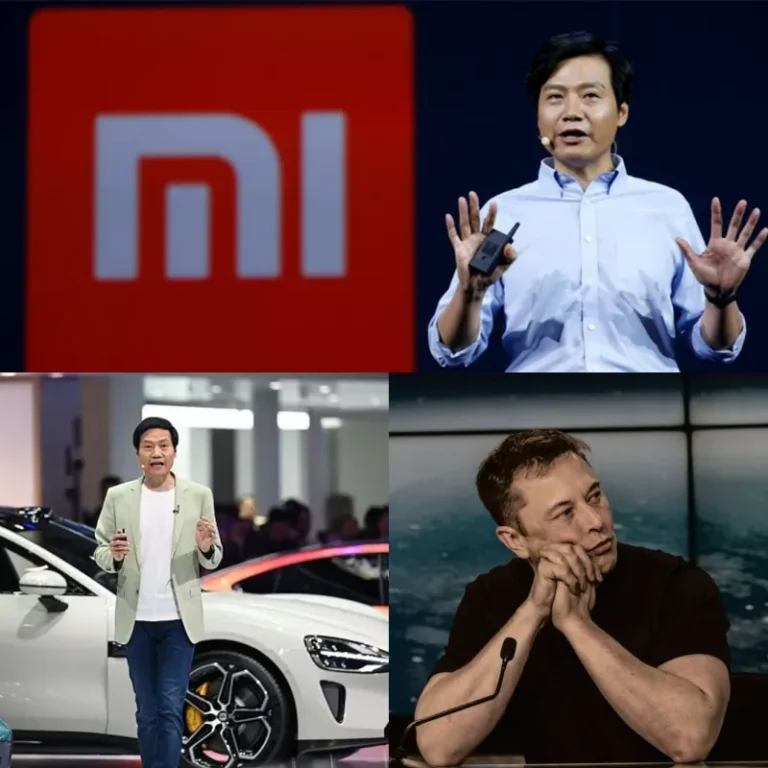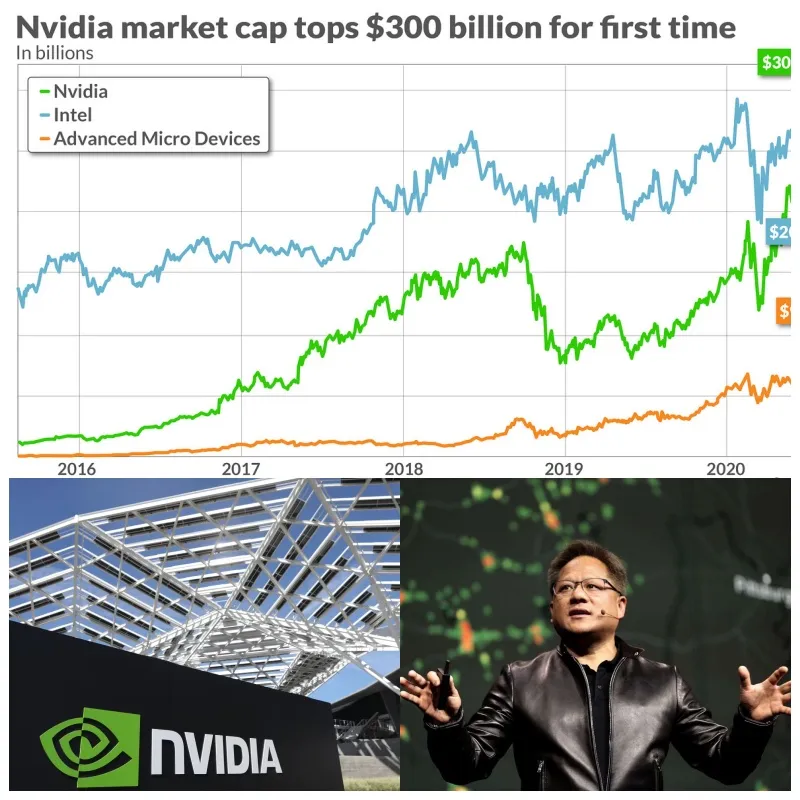
Nvidia’s stock took a significant hit on September 3, as concerns over the AI boom and a slowdown in U.S. manufacturing led to a record market capitalization loss. By the end of the trading session, Nvidia’s shares had dropped 9.5%, wiping out $279 billion in market value—a historic drop for any American company.
This sharp decline signals growing caution among investors about the global AI craze, which has been driving rapid gains in chip stocks. Nvidia, the dominant player in AI chips, saw its shares continue to fall in after-hours trading, adding to the day’s losses.
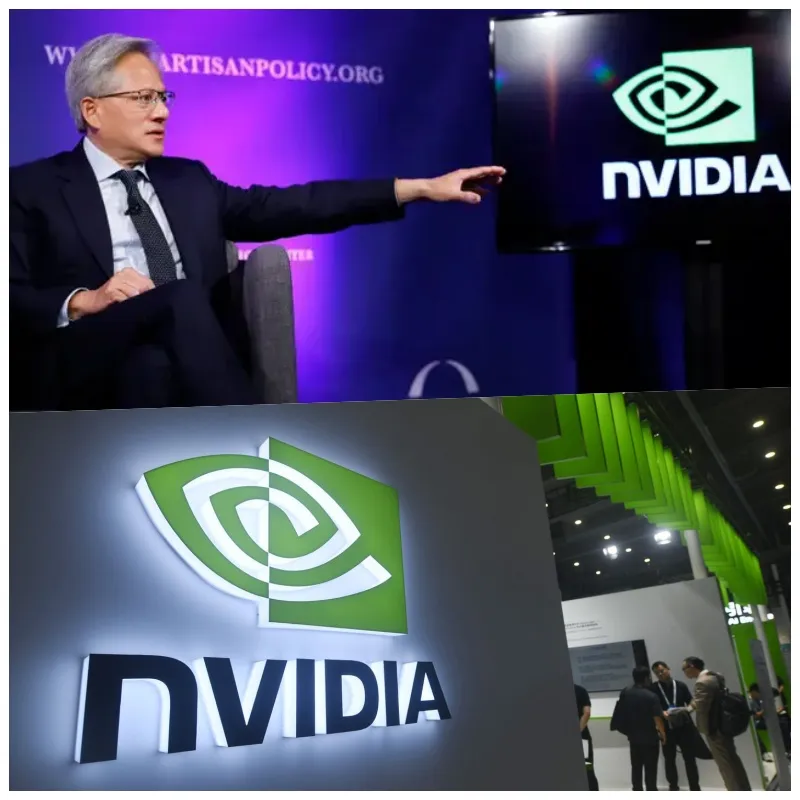
Broader Impact on Chip Stocks
The market’s turbulence wasn’t limited to Nvidia. Shares of other major chip companies also suffered losses:
– Intel fell 8%.
– Marvell declined 8.2%.
– Broadcom dropped 6%.
– AMD slipped 7.8%.
– Qualcomm was down 7%.
Overall, the VanEck Semiconductor Index, which tracks chip stocks, dropped 7.5%, marking its worst session since March 2020.
Economic Concerns and PMI Data
The drop in chip stocks coincided with a broader sell-off in U.S. equities. The Institute for Supply Management (ISM) reported that U.S. manufacturing activity continued to contract in August, further contributing to investor unease. The U.S. Purchasing Managers’ Index (PMI) for August was 47.2, slightly better than July’s 46.8 but still below the 50-mark, which separates expansion from contraction. This was the fifth consecutive month that the PMI remained below 50, raising concerns about the health of the U.S. economy.
While the declining PMI underscores economic challenges, it also boosts speculation that the Federal Reserve (Fed) may cut interest rates to stimulate growth.
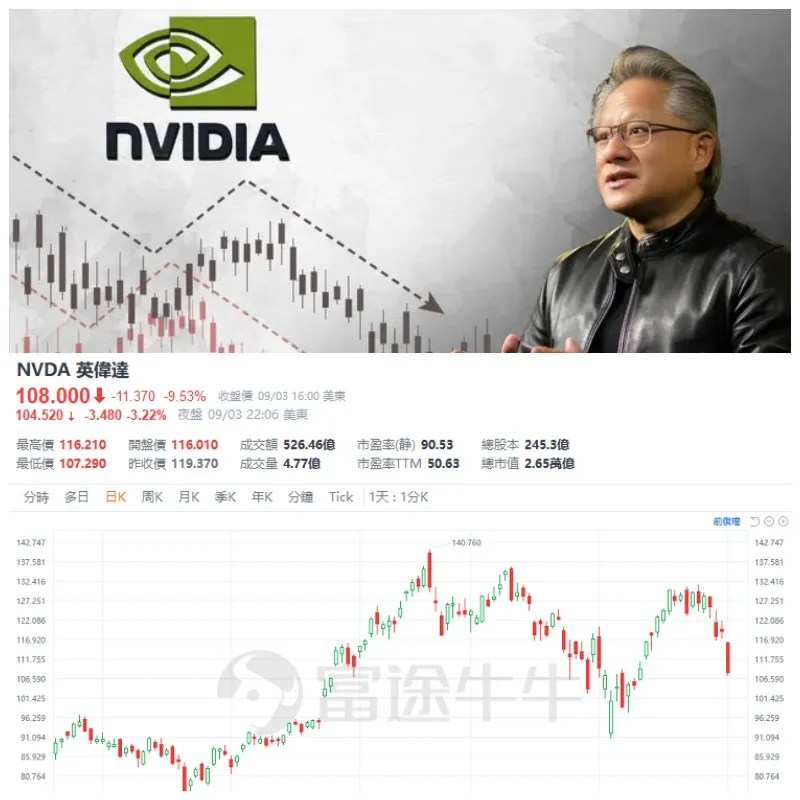
Nvidia’s Role in the AI Boom
Despite the market turbulence, Nvidia remains a central player in the AI chip market. Its stock has surged 114% since the start of the year, fueled by expectations that the AI revolution will drive demand for advanced chips. In its most recent earnings report, Nvidia posted $30 billion in revenue for the quarter ending in July, with data center revenue soaring 154% year-over-year due to demand from internet and cloud computing giants.
Competitors in the AI Chip Market
While Nvidia dominates, other chip companies are making efforts to catch up. Both Intel and AMD have introduced AI chips, though their market share remains modest in comparison. Broadcom is supplying AI chips for Google, and Qualcomm has marketed its chips as the best option for running AI on Android devices.
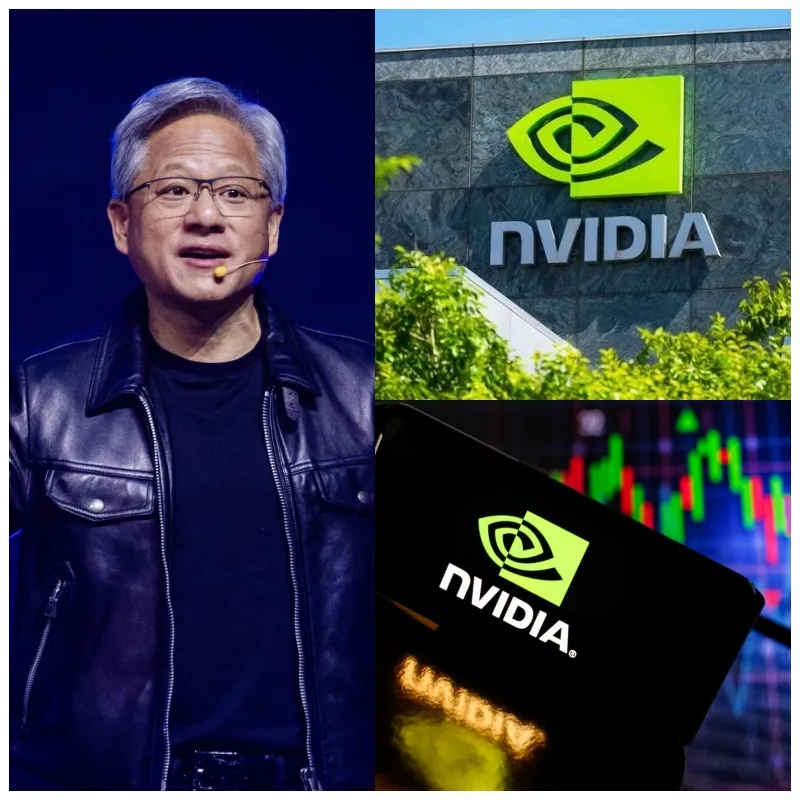
Investor Sentiment and Future Outlook
Although Nvidia exceeded Wall Street forecasts, some investors were disappointed by the company’s performance, particularly compared to the explosive 200% growth seen in previous quarters. On Tuesday, Nvidia’s shares fell an additional 6%, as investors grew concerned about whether the company could continue its rapid pace of expansion.
Nvidia’s historic market capitalization loss reflects a broader market shift as investors grapple with the uncertainties surrounding the AI boom and economic challenges in the U.S. While Nvidia remains a dominant force in the AI chip market, the recent drop underscores the volatility that even industry leaders face in today’s complex economic environment.

